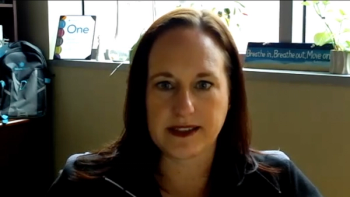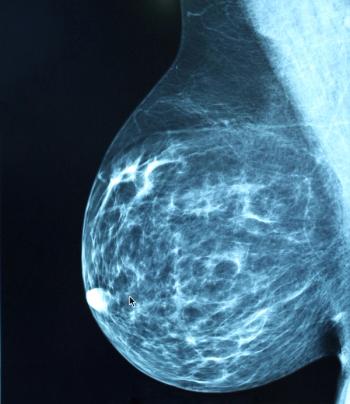
- ONCOLOGY Vol 14 No 2
- Volume 14
- Issue 2
IOM Committee Endorses Medicare Reimbursement for Clinical Trials
here has been some private sector momentum on the issue of insurance company reimbursement of patient care costs in cancer clinical trials. Now the spotlight may shift to Medicare reimbursement, especially since the Institute of Medicine
There has been some private sector momentum on the issue of insurance company reimbursement of patient care costs in cancer clinical trials. Now the spotlight may shift to Medicare reimbursement, especially since the Institute of Medicine (IOM) just issued a report recommending coverage of all routine patient care costs in all cancer clinical trials for both drugs and many procedures. The IOM approach goes way beyond the Mack/Rockefeller bill (S. 784), which establishes a 4-year Medicare demonstration program. The Mack bill instructs Medicare to reimburse only for routine costs associated with approved treatments. Thus, for example, if an oncologist wanted to start a National Institutes of Health (NIH) clinical trial for a new surgical procedure that was radically different from anything tried beforeno matter how promising it wasMedicare would not reimburse for those costs. The IOM goes a step further by recommending reimbursement of physician care costs in certain experimental trials. These would be procedures that represent a modification of standard medical treatments, but only if performed in randomized, phase III clinical trials. If questions of safety and efficacy were not resolved, reimbursement would be denied.
Joseph Bailes, president of the American Society of Clinical Oncology (ASCO), says that the recommendation on reimbursement for investigational techniques is a good one. The IOM report envisions coverage that would include patient care costs of cancer clinical trials, regardless of whether these trials are surgically or nonsurgically oriented, he adds.
An aide to Sen. Mack says that the senator may need to revisit the provisions of his bill in light of the IOM report. Conventional wisdom says that the Mack bill could clear Congress only as an amendment to a broader Medicare reform bill, which is unlikely to pass in 2000. However, given Macks impending retirement, his commitment to the cancer fight, and the bill's 42 bipartisan cosponsors, it is entirely possible that Congress could pass S. 784 as a freestanding bill. Statistics are also in its favor: Just 161,000 Medicare beneficiaries out of 38 million enrolled in clinical trials in 1997.
Articles in this issue
about 26 years ago
Damage Control on Pain Controlabout 26 years ago
FDA Approves Docetaxel for Advanced NSCLCabout 26 years ago
Major Advance in Treating Relapsed Childhood Leukemiaabout 26 years ago
Licorice Root Extract Shows Antitumor Activityabout 26 years ago
UICC International Union Against Cancer Familial Cancer and PreventionNewsletter
Stay up to date on recent advances in the multidisciplinary approach to cancer.



































